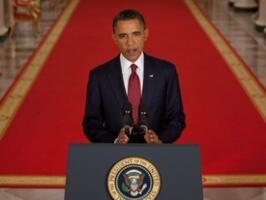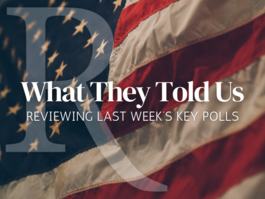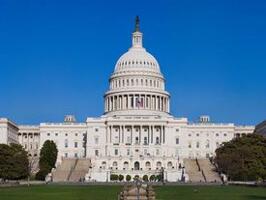35% Support U.S. Aid For Syrian Rebels
Secretary of State John Kerry announced last week that the United States will provide financial and humanitarian aid to Syrian rebels battling to overthrow President Bashar al-Assad’s regime. Voter support for this aid is mixed, and most continue to think the United States should leave the Syrian crisis alone.
A new Rasmussen Reports national telephone survey shows that 35% of Likely U.S. Voters favor giving U.S. financial and humanitarian aid to forces attempting to overthrow the Syrian government. Forty-two percent (42%) oppose this aid, while another 24% are undecided. (To see survey question wording, click here.)
(Want a free daily e-mail update ? If it's in the news, it's in our polls). Rasmussen Reports updates are also available on Twitter or Facebook.
The survey of 1,000 Likely Voters was conducted on February 28 – March 1, 2013 by Rasmussen Reports. The margin of sampling error is +/- 3 percentage points with a 95% level of confidence. Field work for all Rasmussen Reports surveys is conducted by Pulse Opinion Research, LLC. See methodology.
















